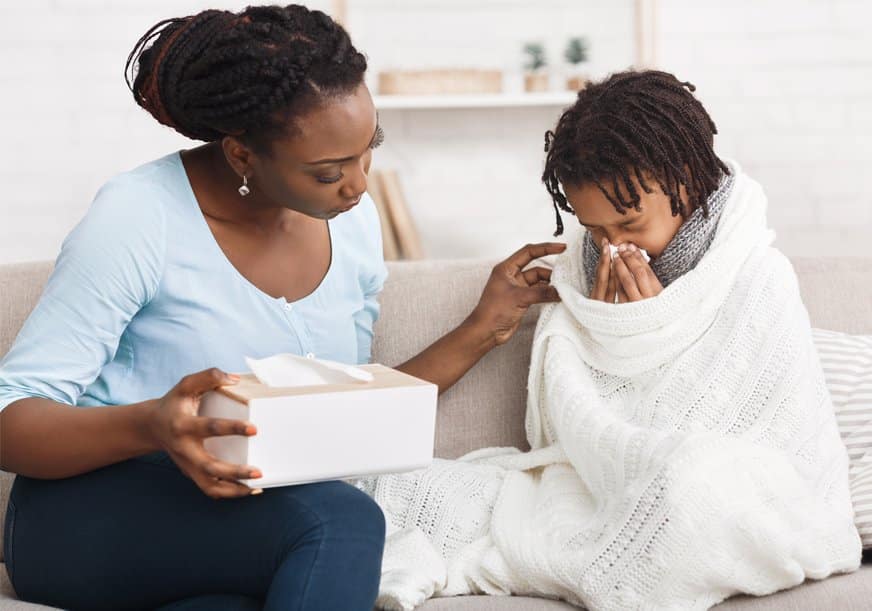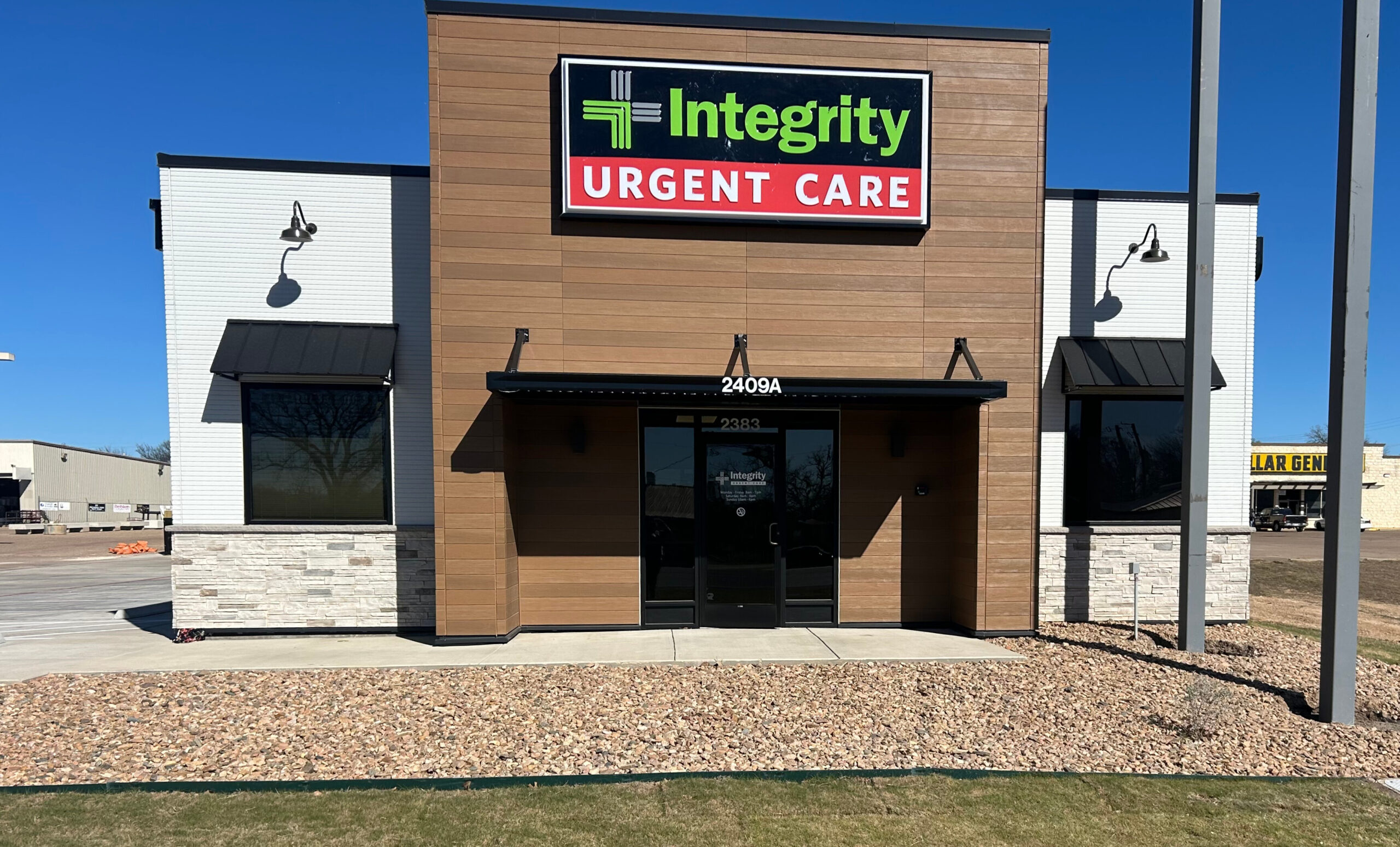More commonly known by its shortened name, Mono, this infection is just common enough for everyone to have heard about it, know a few symptoms of, and might know a school friend who stayed at home while recovering. Mononucleosis is contagious and may effect more people than we realize.
What is Mononucleosis?
Mononucleosis is a viral infection that is spread through contact of saliva. While commonly called “the kissing disease,” it can also be spread sharing drinking cups or eating utensils. According to the Mayo Clinic, mononucleosis has an incubation period of 4 to 6 weeks which can make it difficult to isolate or to distinguish where it was contracted from.
What are the symptoms of Mononucleosis?
The most common symptom is the extreme fatigue most experience when fighting mononucleosis. Other symptoms are fever, sore throat, swollen lymph nodes or tonsils, and headache. In some cases, patients will need to be monitored for enlargement of the spleen as it can rupture and need surgery. Patients with impaired immune systems can experience more serious symptoms and complications. Most recover without lasting issues, although the recovery can take multiple weeks.
Who can get Mononucleosis?
While anyone can get Mononucleosis, it effects teenagers and young adults differently. Most children are symptom-free when they contract the virus or have very mild symptoms. Adults have often been in contact with the virus that causes Mononucleosis and have the antibodies to fight it. While there are always exceptions, once you have contracted this virus, most are able to fight it off without issue.
What is recovery from Mono like?
Recovery can take weeks and the virus can be present in your saliva for months after the initial infection. During this time, you should work to prevent infecting others by washing your hands frequently, not kissing others, and avoiding sharing anything you eat or drink. If your symptoms do not get better after a week or two, you should see your doctor. In the meantime, rest and fluids will help your body as it works to recover. Doctors will recommend taking a break from your regular schedule, whether school, work, or extra-curricular activities, to allow your body to regain strength.
If you think you have been exposed to Mononucleosis and are experiencing multiple days of these symptoms, come see us at one of our several urgent care locations. We are open every day from 8am to 8pm and can help diagnose you and provide a treatment plan. Our staff is ready to help you get better.



